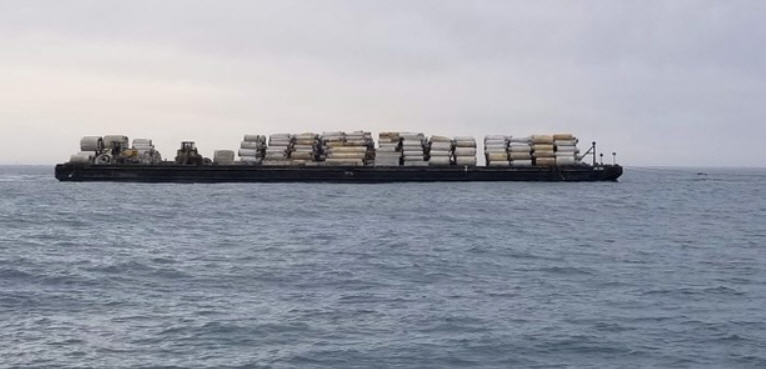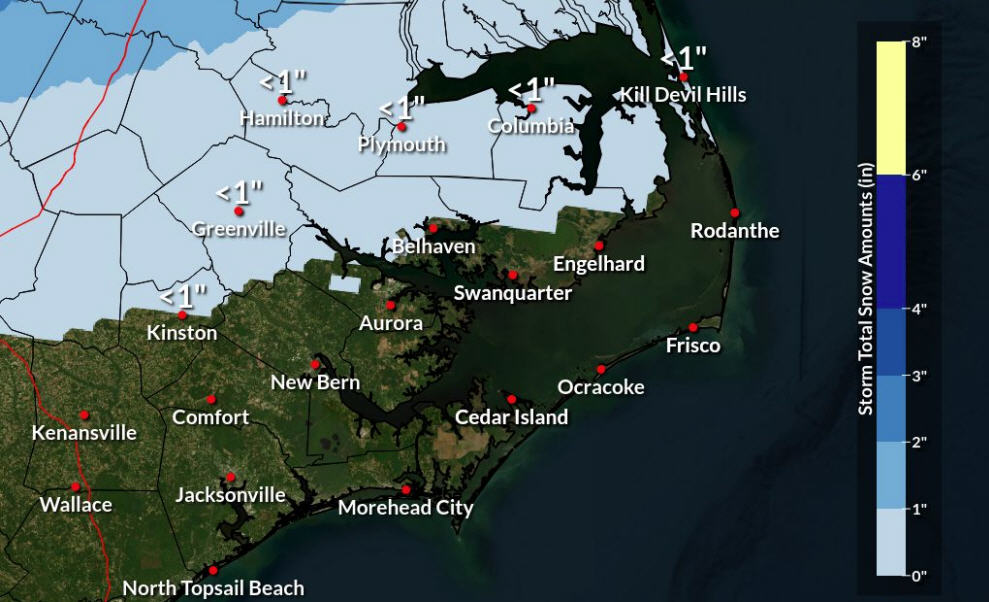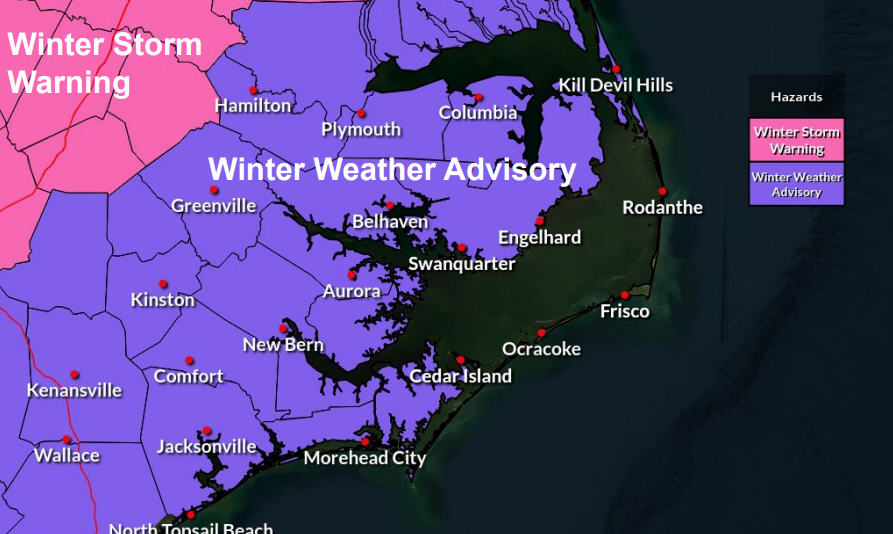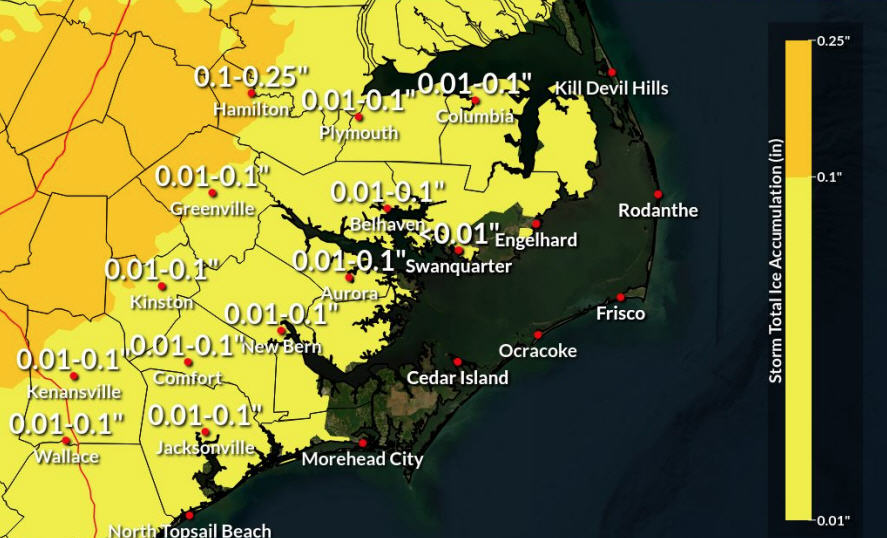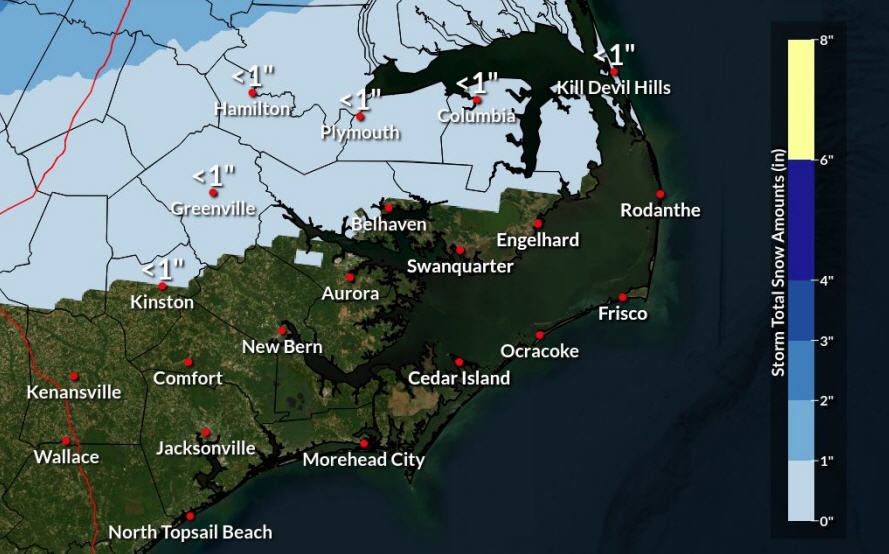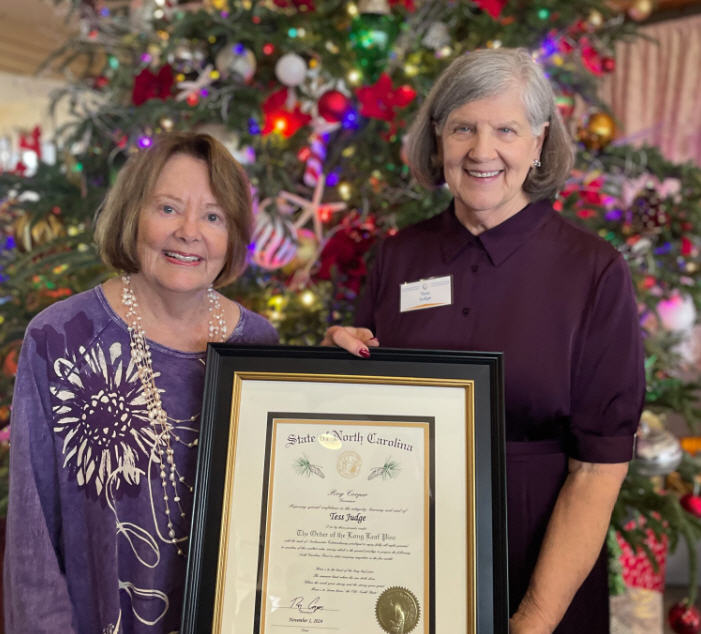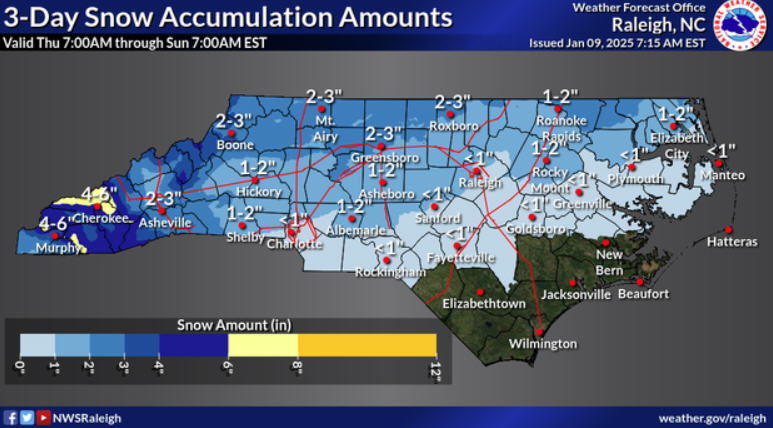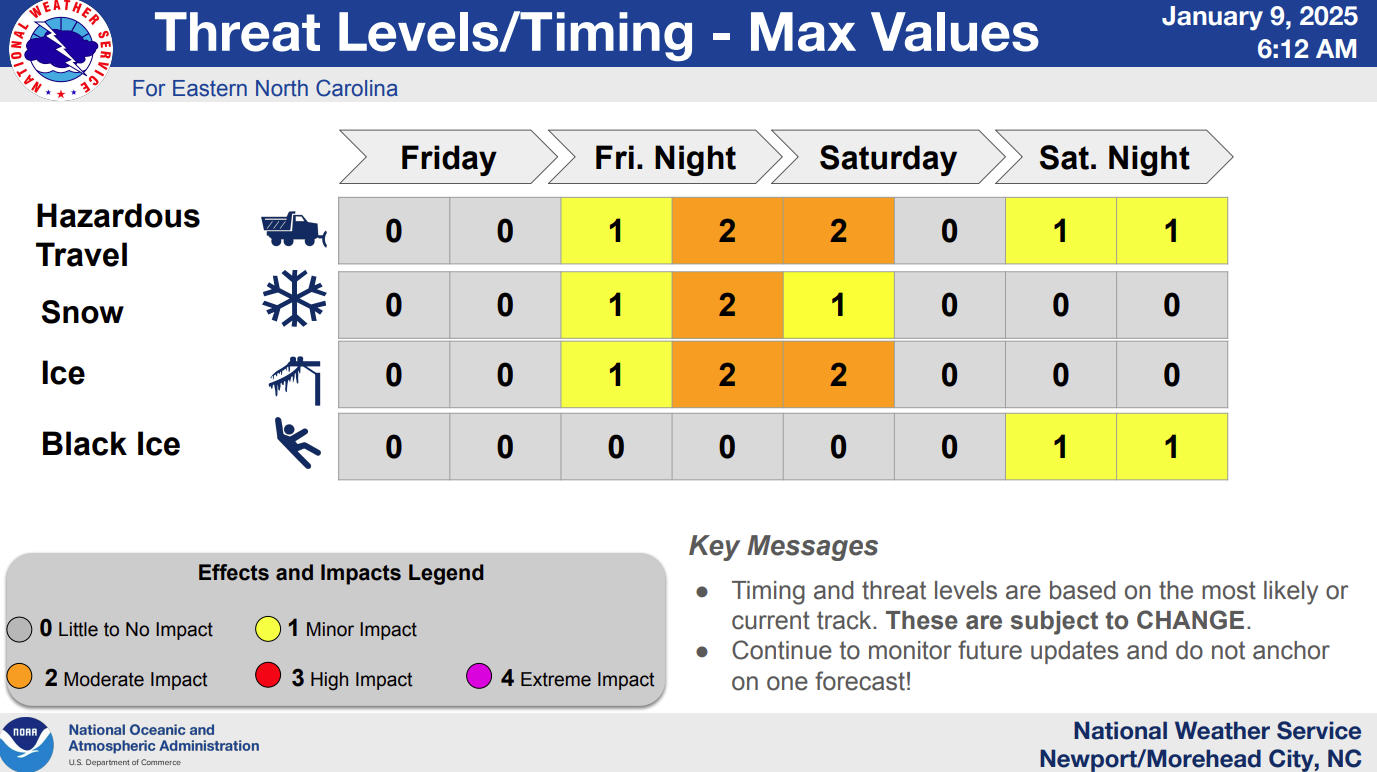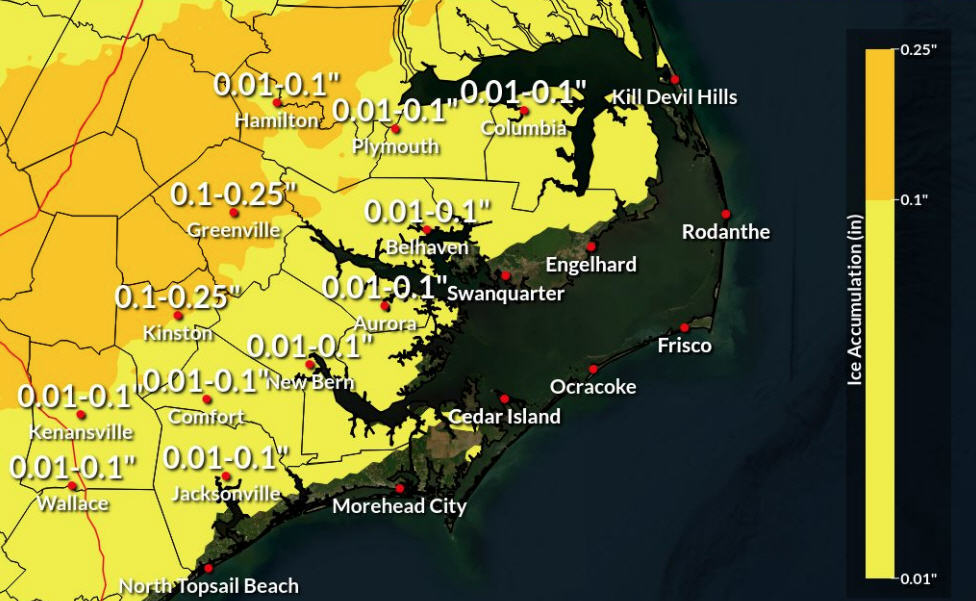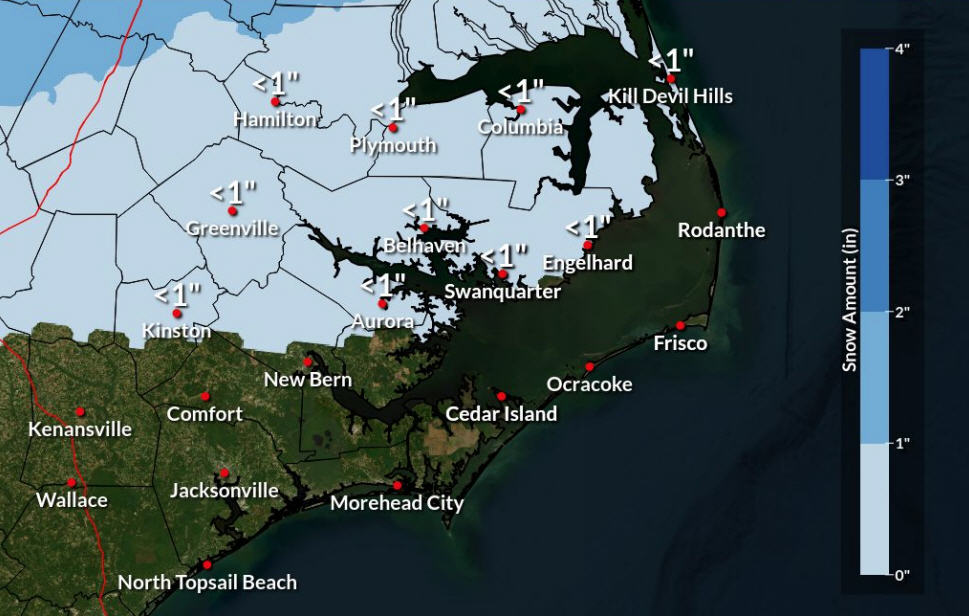UPDATE: North Carolina watermen will benefit from expanded bluefin season
A revised rule expanding the winter commercial bluefin tuna season by up to two months was filed on Tuesday, Nov. 29, by the National Marine Fisheries Service.
The rule, which will be effective in 30 days, allows bluefin to be caught off North Carolina through March 31, or until the January sub-quota is gone.
With the migratory fish often not arriving in large numbers off the coast until late January or early February, North Carolina fishermen have been frustrated because the bluefin season has closed on Jan. 31 with quota still left.
“This is a good day for North Carolina tuna fishermen,” Rep. Walter B Jones, R-NC, said in a prepared statement. “We’ve worked on this issue for a long time, and today’s action will help provide an economic boost to North Carolina fishing communities during the winter.”
Charley Pereira, president of the Winter Bluefin Association and a Buxton waterman, said he is pleased that the expanded season will allow the quota not to be wasted as it has in the past, although he wishes it gave more.
“What we got is good,” he said. “But it’s not what we asked for. It’s not what the preferred alternative was.”
Periera said that initially the season was proposed to end on May 31, but it ultimately was shortened because of some concern that it fell too close to the start of the bluefin season off the northern Atlantic coast.
The new rule also increases the number of fish in the general category that can be kept daily from three to five. Despite that, Periera said that he has his doubts that watermen fishing off North Carolina will be allowed to retain that amount. In prior seasons, he said, fisheries officials have restricted allowable catch off North Carolina to one or two bluefin daily as a way to prevent the small quota from being caught quickly.
But he said the agency should leave it up to the watermen, and not dictate how to fish such an unpredictable fishery.
Sarah McLaughlin, National Oceanic and Atmospheric Administration fishery management specialist, said that bluefin tuna management overall is being reviewed, including the potential to increase winter quota.
As it is currently, the January subquota of 23.1 metric tons is only 5.3 percent of the total quota for the Atlantic bluefin fishery.
“Discussions are open and ongoing,” she said.
For his part, Pereira said that his group’s next step is to lobby to get more quota allocated for the winter season. In the meantime, he and other Outer Banks fishermen plan to make the most of what they’ve got.
“We’re happy and we appreciate it,” he said, “and we’re looking forward to further improving our fisheries.
“This is good news for North Carolina fishermen, and they should consider it a Christmas present from the Winter Bluefin Association.”








